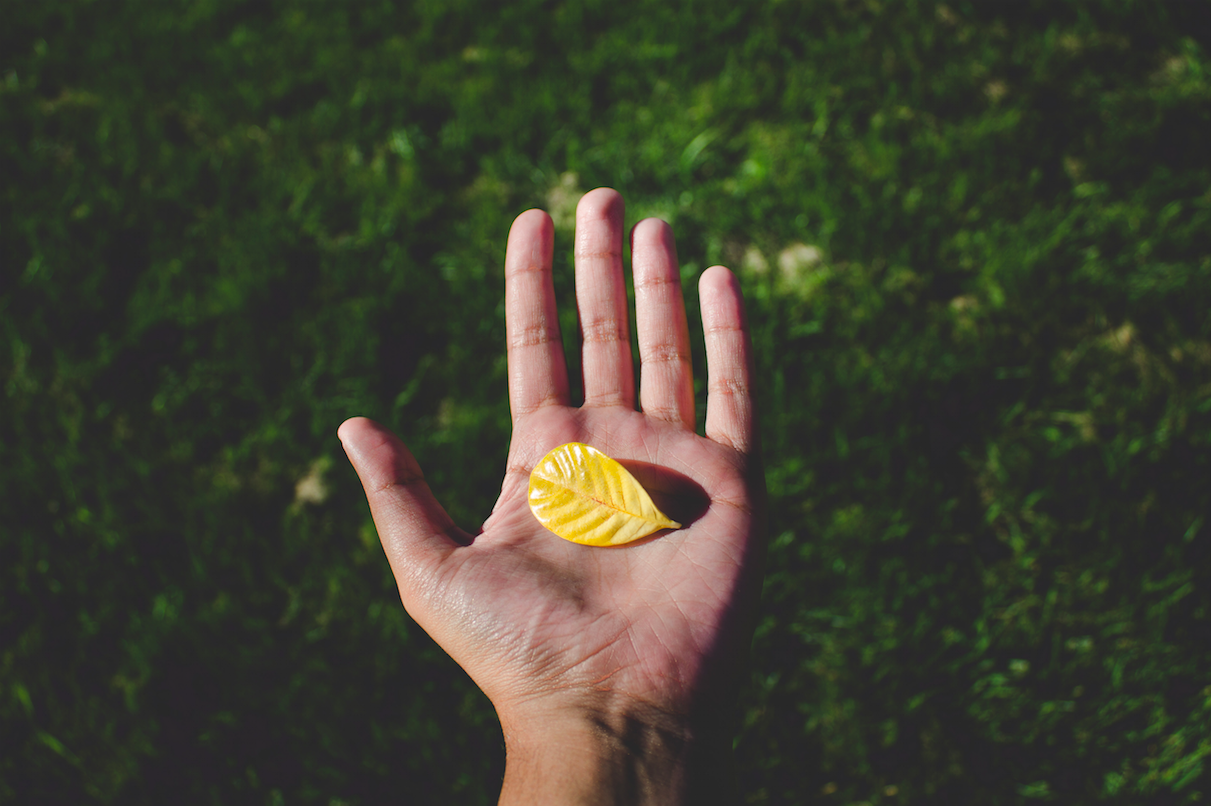We’re all searching for some sort of certainty except that certainty isn’t something that exists in most cases.
Even in science, something is true only until it isn’t.
Take last week, for example, when two major discoveries were made about how the body functions.
The first demonstrated that the cerebellum — a large structure located at the back of the brain — is more complex in its function than previously thought. It has long been believed that the cerebellum operated largely beyond the arena of conscious awareness, controlling motor function and sensory input only. But now, scientists have shown that this structure plays a role in the reward response, making it an essential component of human motivation and a player in shaping human behavior.
Whoa.
Just a few days later, researchers discovered that the lungs of mice produce more than 10 million platelets per hour, expanding our understanding of lung function beyond just its long-known role as the master of respiration. This new discovery suggests that the lungs play a significant role in blood production. And while this research has only been conducted on mice thus far, the implications for our understanding of human lung function are potentially profound.
Whoa again.
The truth is, there is more about the universe that we don’t fully understand than there is about it we actually do. The same can be said about the human body — and the brain especially. And the fact that even in 2017 we are still regularly making new, eye-opening discoveries about how our bodies function says a lot about the extent to which we are surrounded by uncertainty and unknowingness on a daily basis.
This can be terrifying. Or exciting. Or both.
I say both.
But all these as-yet-unknown aspects of our reality also mean we need to be careful about claiming absolute certainty about anything. They’re why we need to leave room for things to surprise us. And why we need to make space for things we can’t possibly understand or explain.
At least not yet or right away.
On the flip side, we need to be careful about making any outrageous, unsubstantiated claims. Because — chances are — there’s a scientific explanation for most things, even if we haven’t yet uncovered what that explanation is.
And this is why the ability and the willingness to admit that we don’t know is actually a sign of intelligence, if you ask me.
As Polish poet and Nobel Laureate Wisława Szymborska once said:
“Whatever inspiration is, it’s born of a continuous ‘I don’t know’ . . . This is why I value that little phrase ‘I don’t know’ so highly. It’s small, but it flies on mighty wings. It expands our lives to include the spaces within us as well as those outer expanses in which our tiny Earth hangs suspended.”
I used to be afraid of not knowing, afraid to admit my ignorance about a particular issue, concerned that not having all the answers to any question that might ever be posed would somehow reveal my weakness and forever expose me as a complete fraud.
But now? I try to embrace this phrase, “I don’t know.” And to celebrate it the same way Szymborska did.
Because every instance of not knowing is an opportunity to learn something new. And every question that does not yet have a clear answer is a chance to explore, create, and seek out new sources of inspiration.
The uncertainty is a gift, you guys.
And the not-knowingness of this world — in spite of how infuriating and frustrating it can sometimes be — is what makes innovation and the process of discovery ( and self-discovery) possible at all.
And that is worth forfeiting the comfort of certainty for the uneasiness of never quite knowing for sure what comes next.

